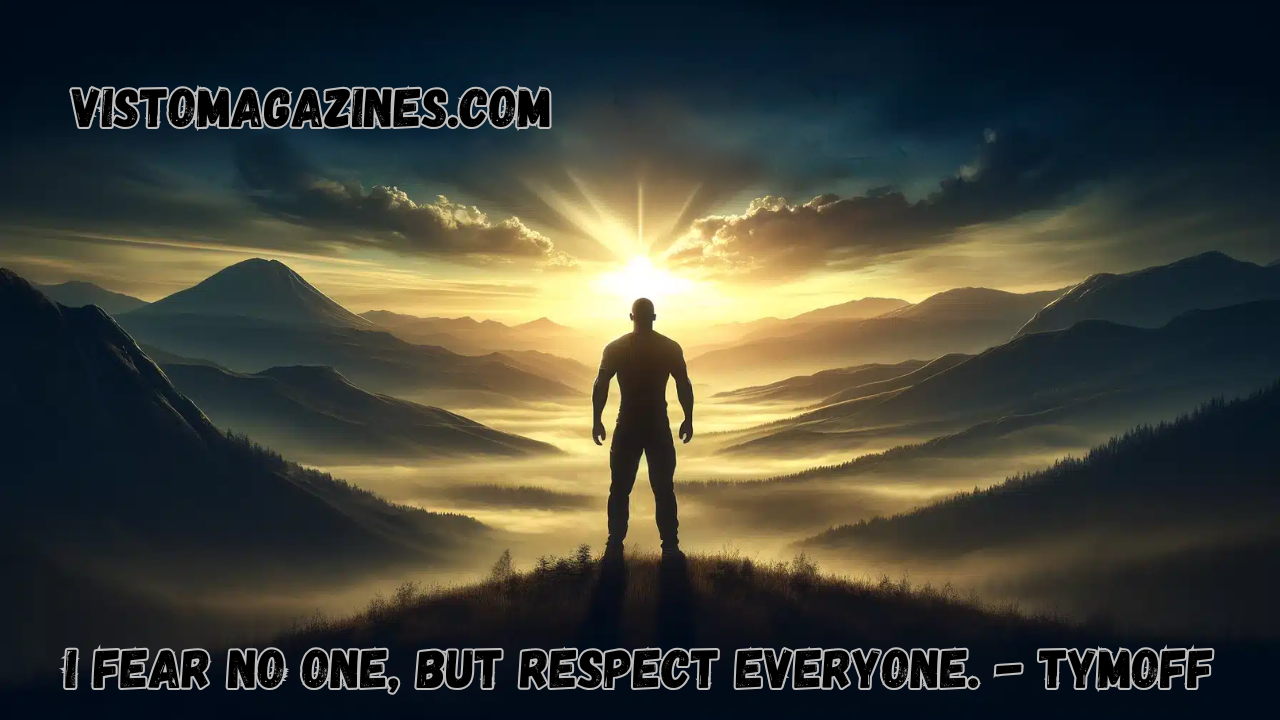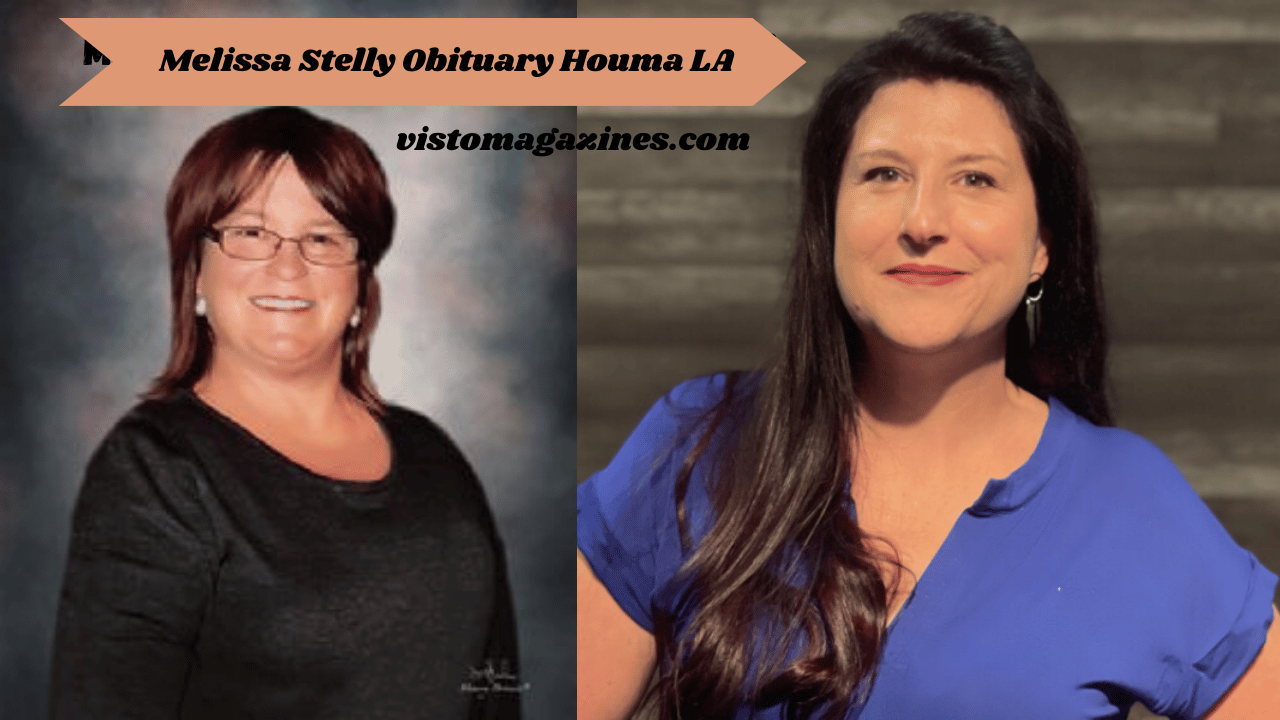“i fear no one but respect everyone. – tymoff
In a world where fear and respect are often seen as opposites, the powerful quote, “i fear no one but respect everyone. – tymoff offers a profound perspective on how we can navigate our relationships with others. This statement reflects not just a mindset of self-confidence and inner strength, but also emphasizes the importance of respect for all individuals, regardless of their status, background, or differences. It challenges us to reflect on how we approach power dynamics, personal boundaries, and human interaction in our daily lives.
In this article, we will explore the deeper meaning of this quote, breaking down the concepts of fear, respect, and the balance between the two. We will discuss how embracing this mindset can help us lead more fulfilling, confident lives while maintaining empathy and understanding toward others.
Fear and Respect: Two Sides of the Same Coin
At first glance, fear and respect might seem like polar opposites. Fear often comes from a place of insecurity, vulnerability, or feeling threatened, while respect stems from admiration, reverence, and appreciation for another person’s worth or qualities. However, in Tymoff’s quote, these two elements are brought together in a unique and meaningful way.
The key distinction here is that fear is often associated with an emotional response to someone’s power, influence, or abilities, while respect comes from a place of recognition and acknowledgment of those same traits without feeling threatened by them. When Tymoff says, “I fear no one,” it speaks to an inner strength and confidence in one’s own abilities and self-worth. It implies that there is no person or situation that should evoke feelings of insecurity or fear.
However, respecting everyone means acknowledging that every person has value, regardless of their status or position. This shows maturity and emotional intelligence, as it highlights the ability to appreciate differences, learn from others, and maintain humility in all interactions.
The Power of Self-Confidence and Fearlessness
One of the main takeaways from this quote is the emphasis on self-confidence. “I fear no one” reflects an individual’s belief in their own strength, abilities, and personal growth. Fearlessness doesn’t mean arrogance or disregard for others, but rather a deep sense of self-assurance. It means you understand your worth, your skills, and the unique qualities that make you who you are.
Living without fear doesn’t mean avoiding challenges or stepping into situations that might be difficult. On the contrary, it implies a readiness to confront challenges head-on, knowing that you have the resilience to face them. Whether it’s in your career, personal relationships, or even within yourself, fearlessness allows you to take risks and embrace opportunities without being paralyzed by doubt or insecurity.
In a world where competition and comparison are often emphasized, embracing fearlessness can free you from the pressure of constantly measuring yourself against others. It gives you the mental freedom to pursue your goals and dreams without being limited by the fear of failure or judgment.
Respecting Everyone: A Reflection of Empathy and Humility
While the first part of Tymoff’s quote speaks to a powerful sense of fearlessness, the second part, “but respect everyone,” reveals the importance of humility and empathy in human relationships. Respect is not about admiring only those with power or influence; it’s about acknowledging the intrinsic worth of every individual, regardless of their station in life.
Respecting everyone doesn’t mean you agree with everything they say or do, but it means recognizing that every person has unique experiences, perspectives, and contributions that deserve to be valued. This perspective helps create more harmonious relationships because it encourages understanding rather than judgment.
Respect in this sense is also about treating others with kindness, fairness, and dignity. Whether interacting with a colleague, a stranger, a friend, or someone in a position of authority, showing respect fosters trust and mutual understanding. It creates a positive environment where everyone feels valued and heard, leading to stronger relationships and a more supportive community.
The Balance Between Fearlessness and Respect
The key to fully understanding Tymoff’s quote lies in finding a balance between fearlessness and respect. Fearlessness without respect can lead to arrogance, disrespect, and an inflated sense of superiority. On the other hand, respect without fearlessness may result in insecurity, over-reliance on others, or a lack of assertiveness.
Fearlessness empowers us to stand up for ourselves and our beliefs, take risks, and assert our boundaries. Respect, on the other hand, allows us to do so without causing harm to others or disregarding their needs and perspectives. The balance between these two qualities creates a dynamic that promotes both personal growth and healthy relationships.
When we respect others while remaining fearless, we encourage mutual growth. Fearless self-expression, combined with empathy and respect, leads to deeper connections and more meaningful exchanges with the people around us. This balance also allows us to challenge ourselves, push boundaries, and seek personal fulfillment while maintaining a humble and open-hearted approach to others.
How This Mindset Can Impact Our Lives
Adopting the mindset of “I fear no one, but respect everyone” can have a profound impact on various aspects of our lives. Let’s explore some of the ways this philosophy can influence personal growth and interpersonal relationships:
1. Strengthening Personal Boundaries
By fearing no one, we reinforce our sense of personal boundaries. Fearlessness allows us to say “no” when necessary and to stand up for ourselves without being intimidated by others. Respecting everyone means recognizing that others have their own boundaries as well, and acknowledging those boundaries fosters mutual respect in relationships.
2. Building Confidence
When we stop fearing others or their opinions, we open the door to self-confidence. The fearlessness to be ourselves without concern for judgment is empowering. By respecting others, we recognize their value while remaining secure in our own identity, creating a solid foundation for personal and professional growth.
3. Promoting Healthy Conflict Resolution
In relationships, conflicts are inevitable. Fearlessness allows us to engage in healthy conflict without avoiding uncomfortable conversations or situations. Respect ensures that these discussions remain constructive rather than devolving into anger or resentment. By applying both fearlessness and respect, we can resolve disagreements in a manner that strengthens the relationship rather than weakening it.
4. Fostering Positive Relationships
The balance between fearlessness and respect fosters positive, supportive relationships. When we fear no one, we are not intimidated by others, which allows us to build more genuine connections. Respecting everyone allows us to honor the uniqueness of each person, leading to a more inclusive and understanding environment.
5. Inspiring Leadership
Leaders who embrace this mindset inspire trust and loyalty. A fearless leader is someone who can make tough decisions, take calculated risks, and stand firm in their beliefs. However, a respectful leader listens to others, values diverse perspectives, and leads with empathy. This combination encourages collaboration and fosters a thriving, motivated team.
Conclusion: The Power of Fearlessness and Respect
“I fear no one, but respect everyone” is more than just a quote; it is a philosophy that can guide our approach to life and relationships. By embracing fearlessness, we free ourselves from insecurity and allow our true selves to shine. At the same time, by practicing respect, we recognize the value of others and foster meaningful connections.
In a world that often pits us against one another, this mindset encourages us to move forward with confidence, humility, and empathy. Fearlessness without respect can lead to isolation and arrogance, while respect without fearlessness can lead to self-doubt and insecurity. By embracing both, we cultivate a life of strength, purpose, and connection.



